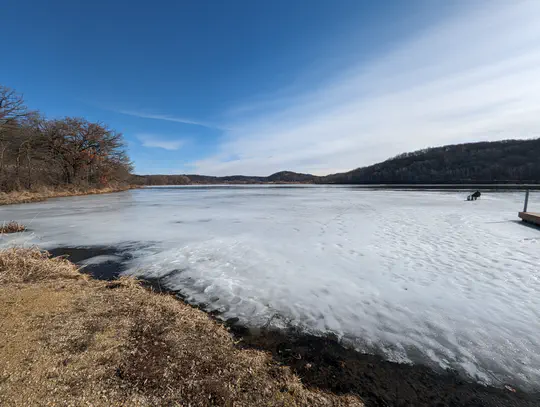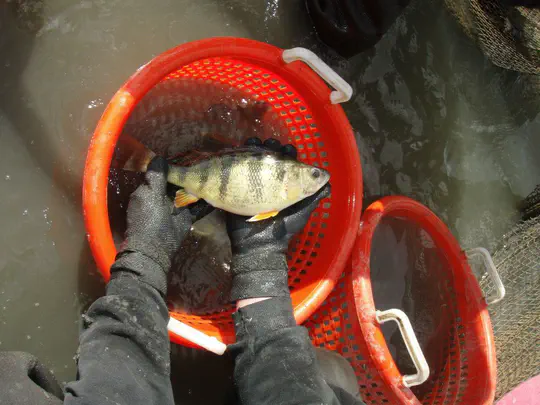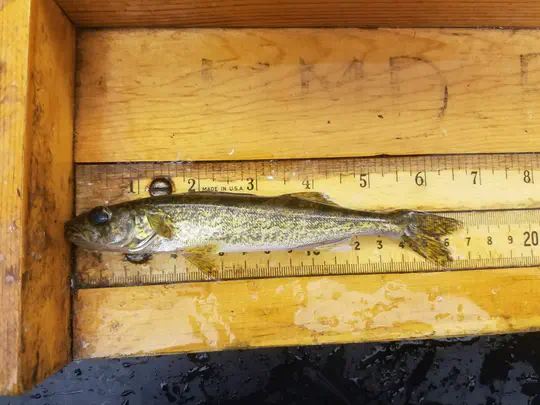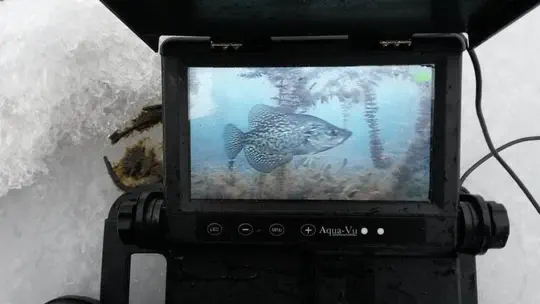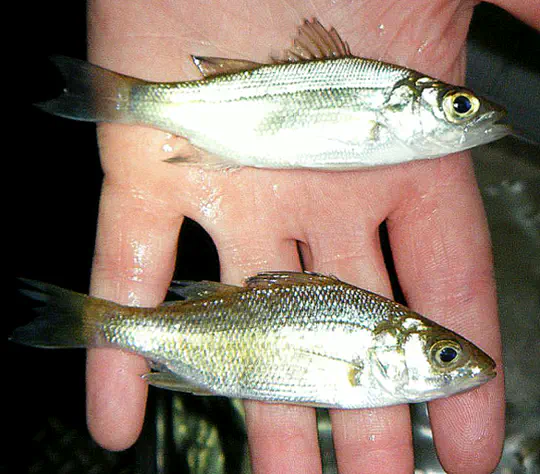Research
Climate change is rapidly transforming freshwater ecosystems. We have used a range of approaches to understand the effects of climate change in inland waters, including analysis of long-term historical data, over-winter experiments, and simulation modeling.
In a rapidly changing world, animals are constantly adapting. Human-induced selection gradients, like intense size-selective harvest, can alter the evolutionary trajectories of important fish life history traits, including growth or size- and age-at-maturation. We use experimental work, simulation modeling, and field studies to disentangle the relative effects of plasticity and evolution on these vital life history parameters.
The abiotic and biotic drivers of the environments fish experience in lakes can have strong filtering effects on the species that can live there and the population dynamics of those species. Using continental-, regional-, and lake-scale data on environmental conditions, we aim to develop new habitat management tools to promote fisheries outcomes in north-temperate systems.
It is important to recognize that fish only represent half of the equation when trying to understand what makes a fishery tick. Also understanding the anglers themselves, their attitudes, responses, and behaviors, is critical for developing effective policy and predicting how fisheries will respond to new challenges, like climate change.
Food web linkages determine the flow of energy through ecosystems. Competition for resources can determine whether species coexist, or the magnitude of new species invasions. There are myriad ways to quantify food webs and trophic linkages. Holistically considering the information each provides, while bringing in new techniques from community ecology, can expand our understanding of trophic interactions and food web structure in aquatic ecosystems.
